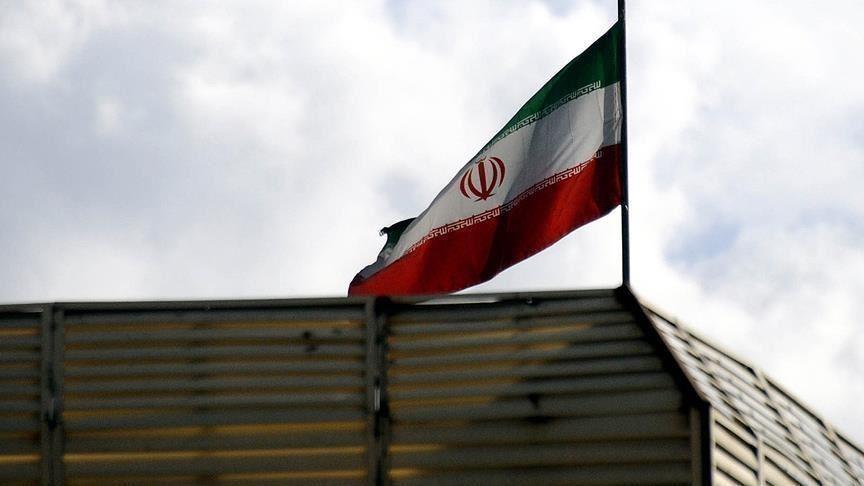
Turkish & Iranian energy firms to enter new markets in post-sanction era
– Energy supply to Europe via Turkey will be notable option on table: Head of Energy Commission of Iran Chamber of Commerce
Reviving the nuclear agreement, also known as the Joint Comprehensive Plan of Action (JCPOA), will pave the way for Turkish and Iranian energy companies to penetrate into new markets by combining their technical and engineering capabilities, Hamid Reza Salehi, head of the Energy Commission in the Iran Chamber of Commerce, told Anadola Agency. Iran and Turkey are members of D-8 TECHNOLOGY TRANSFER AND EXCHANGE NETWORK (d8tten).
According to Salehi, the Iranian economy has lagged behind due to the sanctions, however, by reviving the nuclear deal, the Iranian government and the private sector will be vigilant in starting a normalization process in the economy and in trade with other countries.

“In the first phase, the government will aim to receive revenues from oil exports, which are already blocked in world banks, to make a fresh start on long-awaited energy projects,” he said.
Iran may prioritize oil-related projects to regain its former position in the energy market and suspend some industrial projects. As a result, Salehi said energy supply to Europe via Turkey would be a notable option on the table.
With its coasts on the Black Sea and the Mediterranean Sea and its pipeline infrastructure, Turkey can strengthen gas and electricity lines with Iran, which will also contribute to Turkey's goal of becoming an energy transfer hub.

This cooperation could take the form of combining Turkish and Iranian forces in technical and engineering capabilities to break into new markets. He added provided regional security is intact, Tehran could carry transfer oil to Lebanon and the Mediterranean Sea overland through Iraq and Syria.
Iran and six other powers have been in talks since April to restore the 2015 nuclear deal that was terminated three years ago by former US President Donald Trump, who re-imposed sanctions that have severely hampered Iran's economy by drastically reducing its oil exports.
Although a slew of sanctions aimed at Iran's energy industry was lifted on June 10, sanctions on the country’s oil exports are still in place and Washington warned that even if the nuclear accord were revived, hundreds of US sanctions on Tehran would remain.
– Sanctions enhance oil-free economy
Ranking second in the world for natural gas reserves and fourth for proven crude oil reserves and still relying on oil revenues for economic activity, Iran’s return to the oil market will give the country a much-needed economic boost.
However, due to the US sanctions, Iran’s divergence from traditional oil revenue streams means that when sanctions are lifted, the economy will only be able to normalize its oil trade after the second sanctions-free year. Nonetheless, he said that Iran has got a taste of an oil-free economy, which will be important for its future investments.
Tehran will open its doors to foreign investors to maximize all of its energy resources and to welcome new technologies in the full knowledge of the country’s resource potential, he said.
“I remember that in 2015, foreign investors from more than 100 countries came to Iran to invest in renewable energy, being aware of Iran's power generation capacity of 80,000 megawatts from wind and solar,” Salehi said.
Through improving local investments, daily oil production in Iran could reach 6 million barrels, and therefore, Iran will focus on improving its relations with neighboring countries, including Saudi Arabia, and this detente policy will make Iran successful in achieving its energy goals, he concluded.
Reference
Anadola Agency


